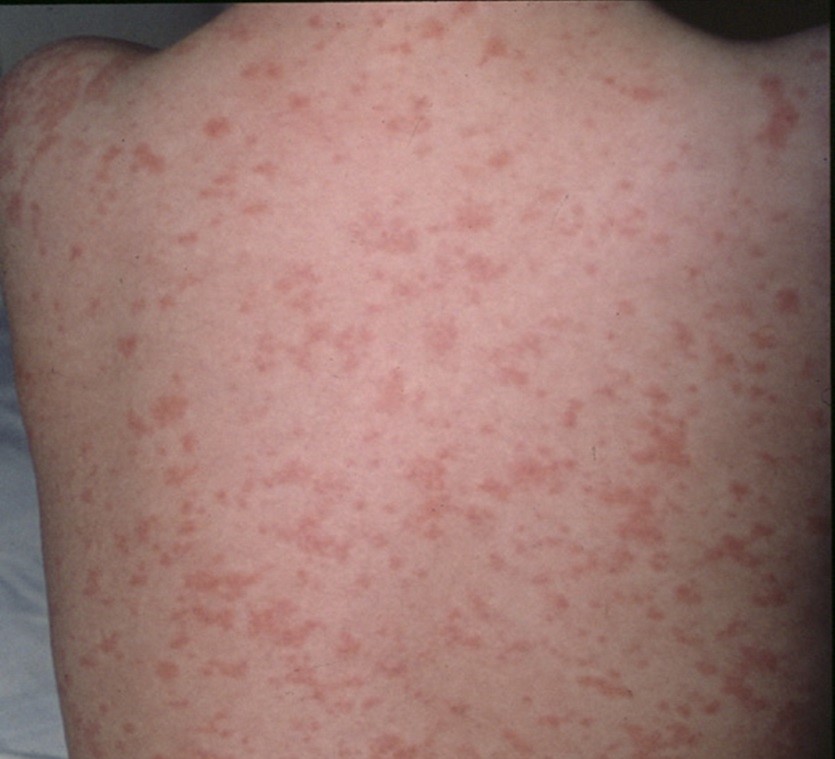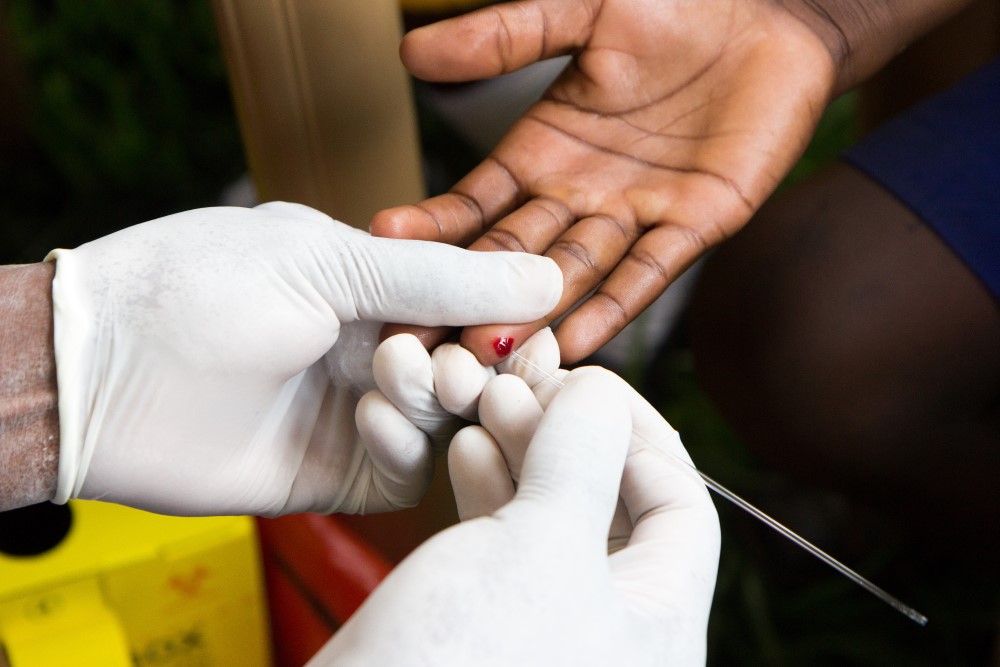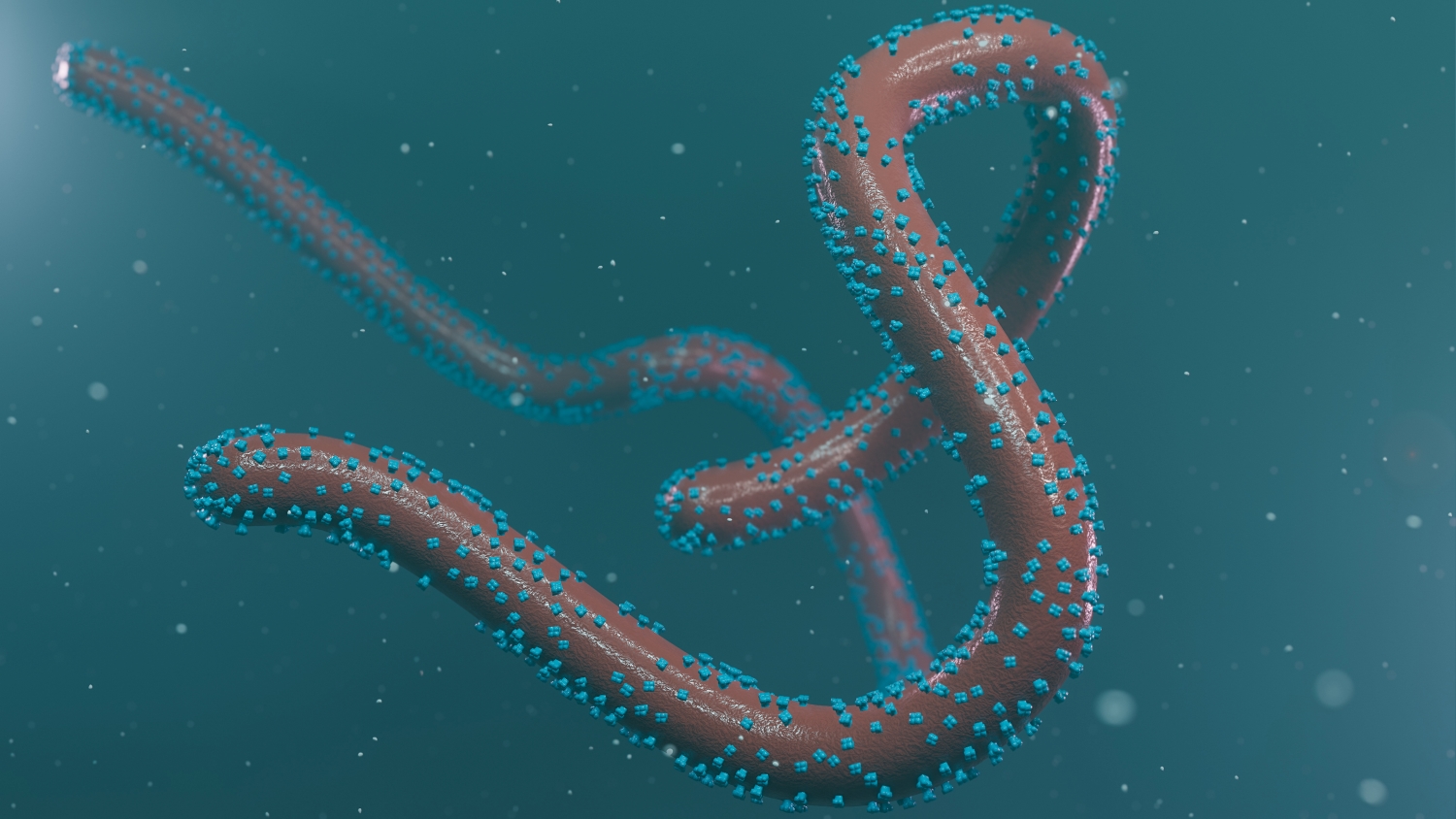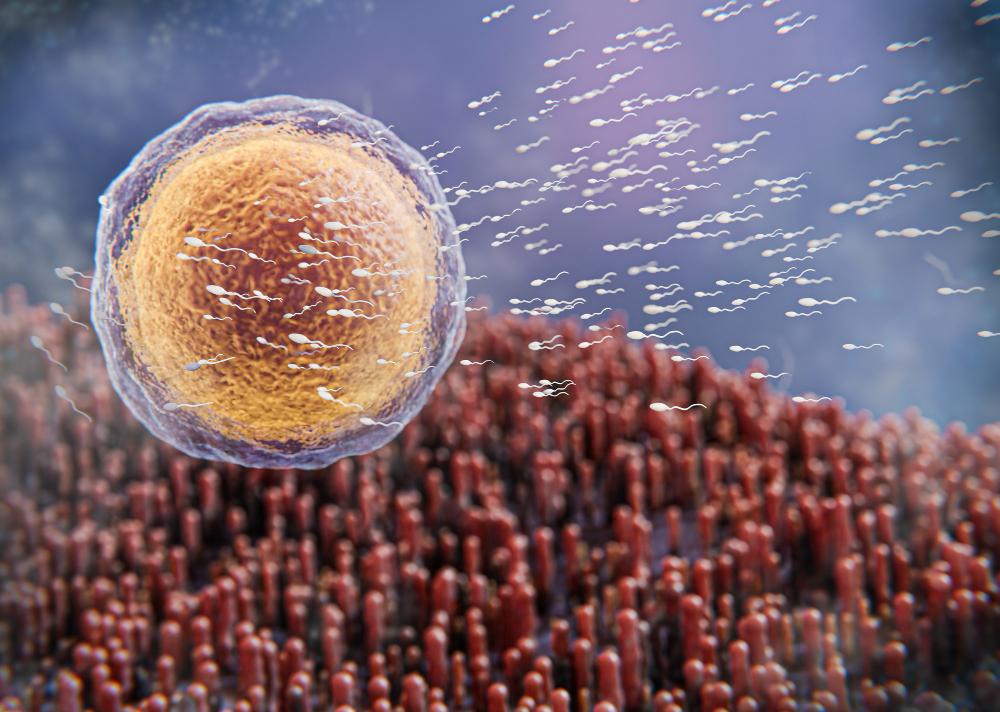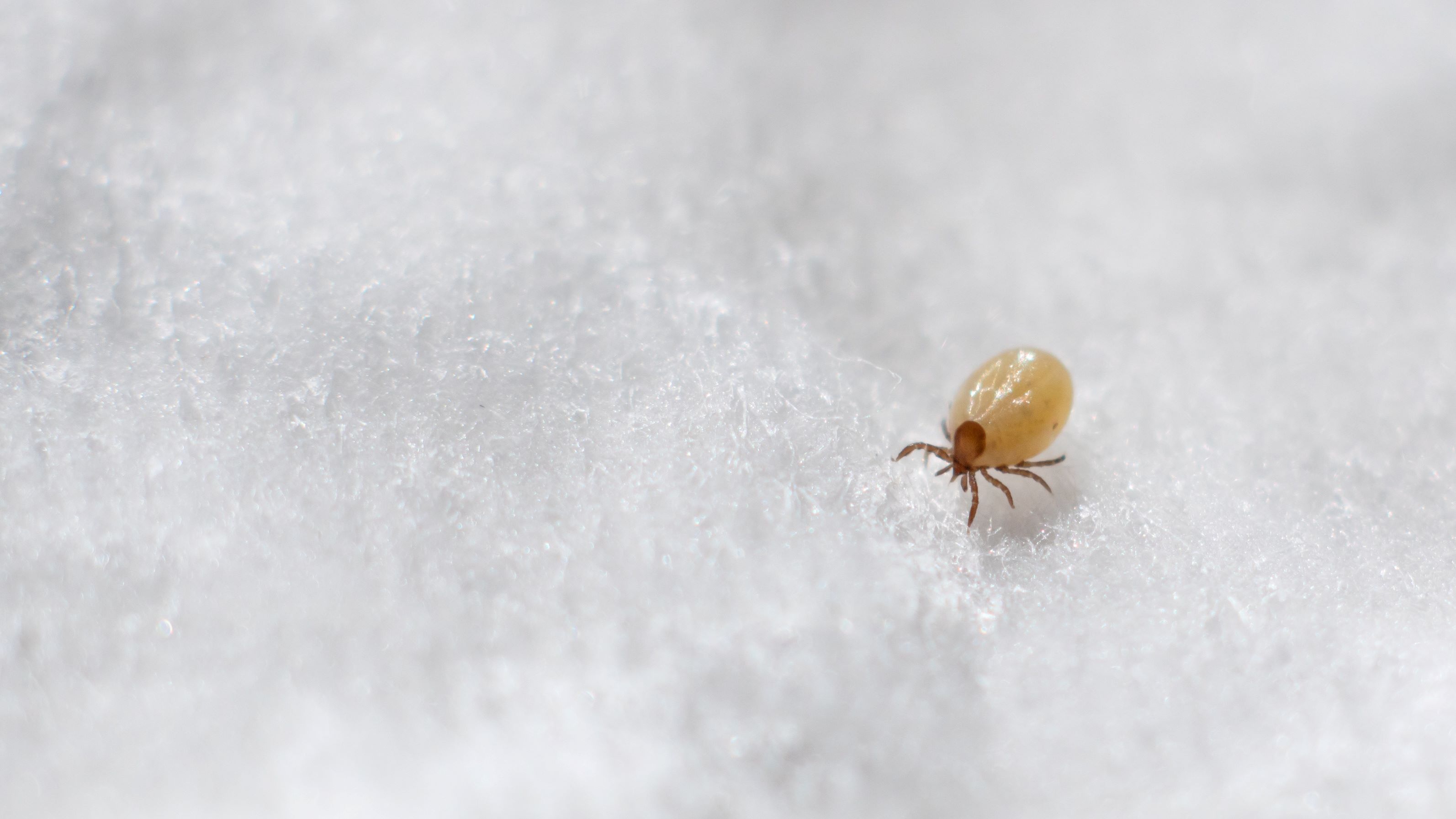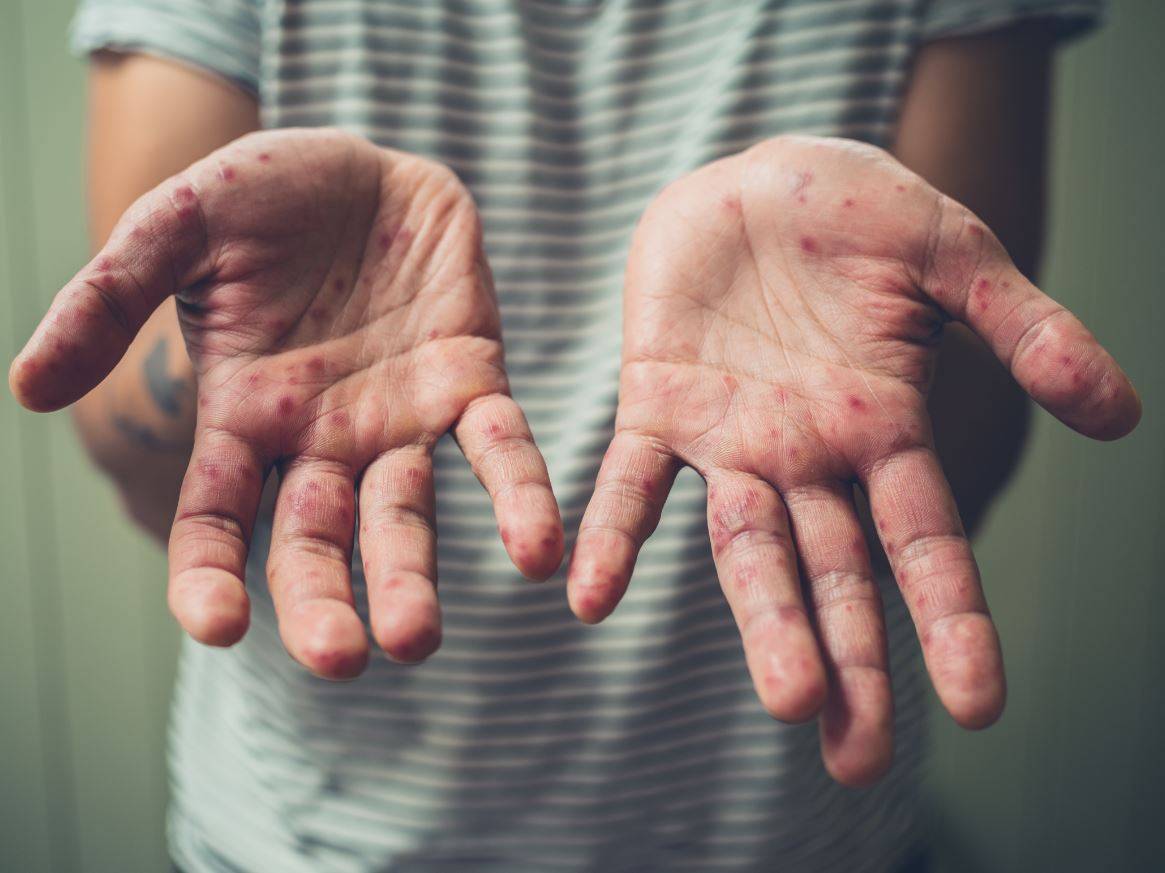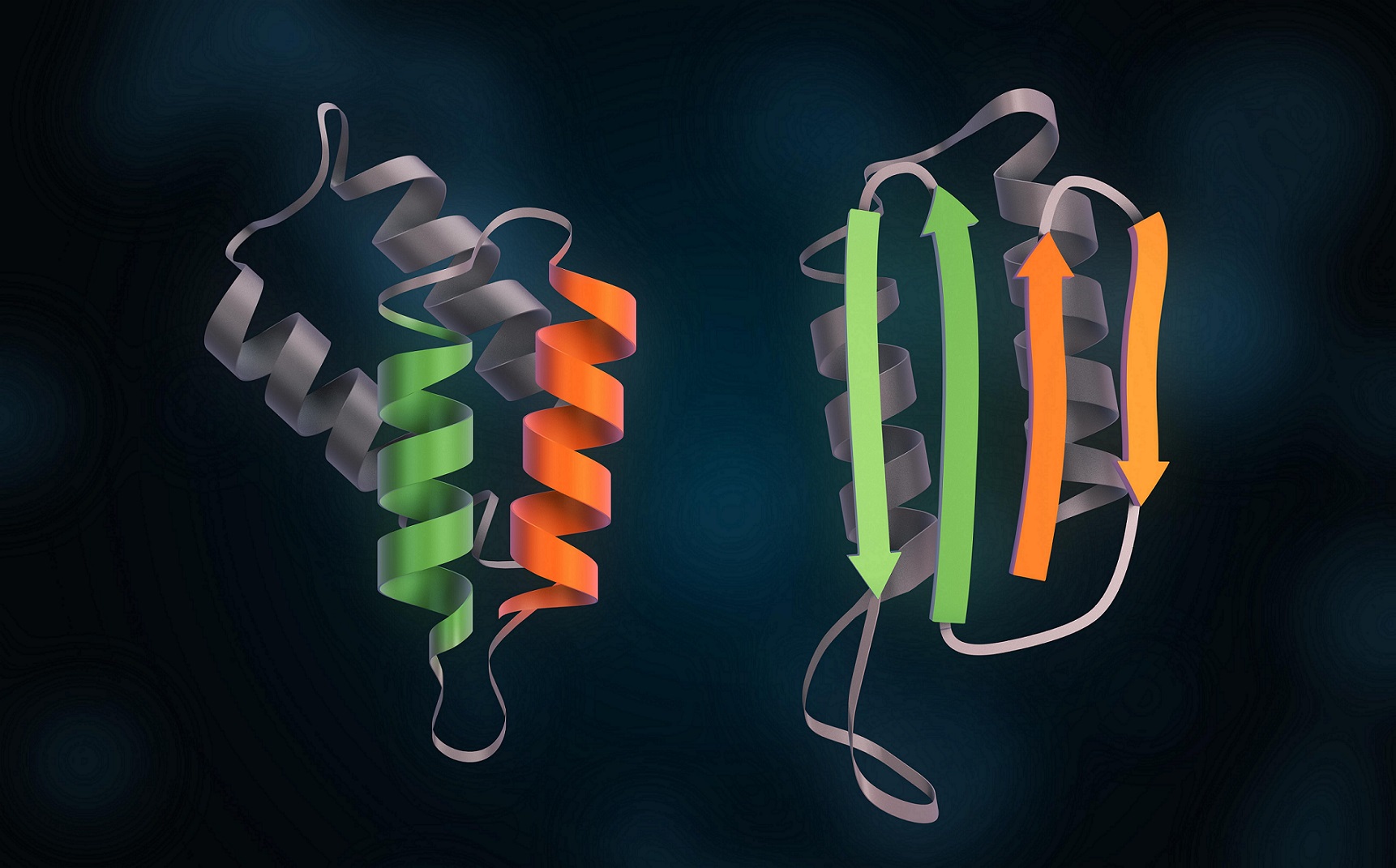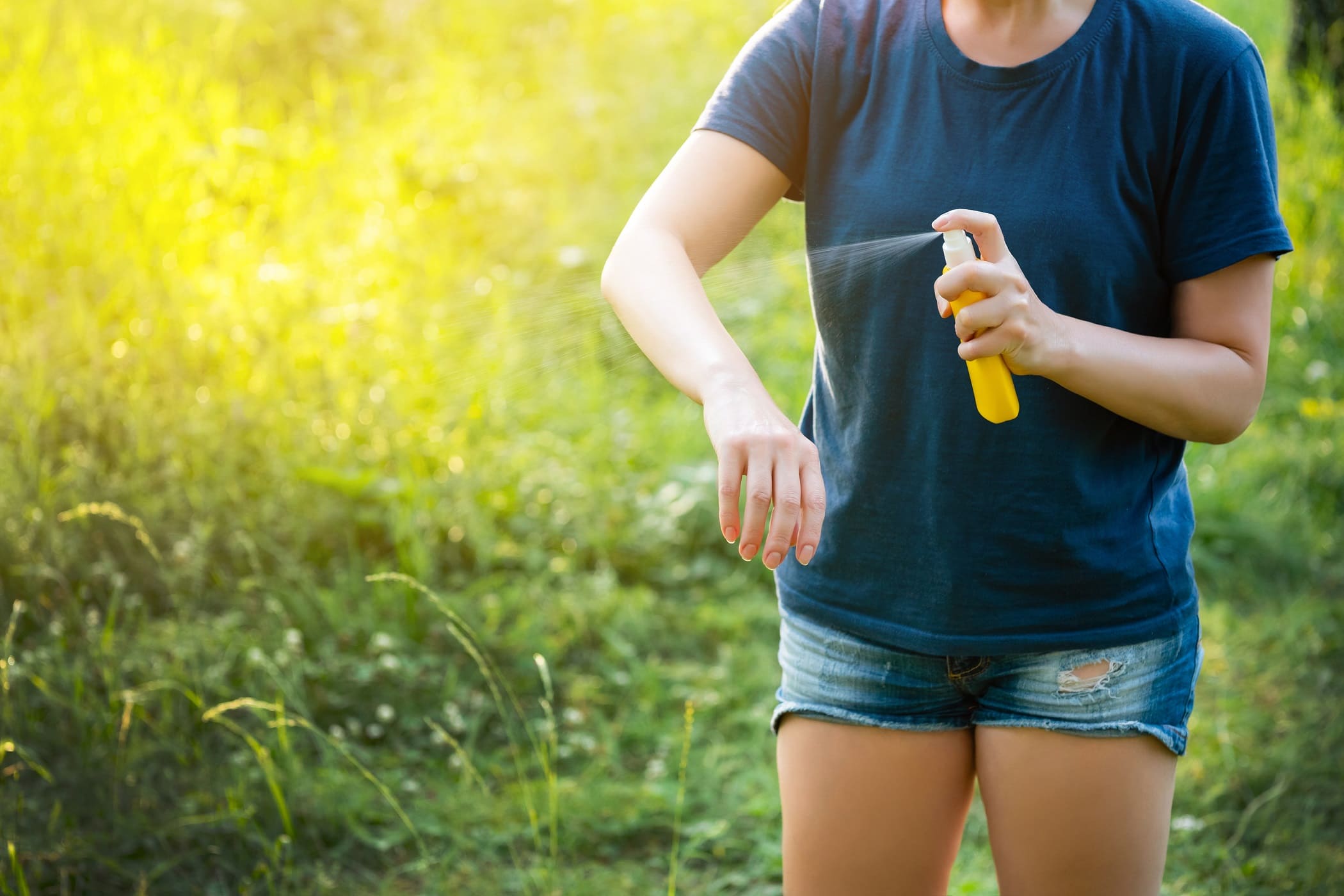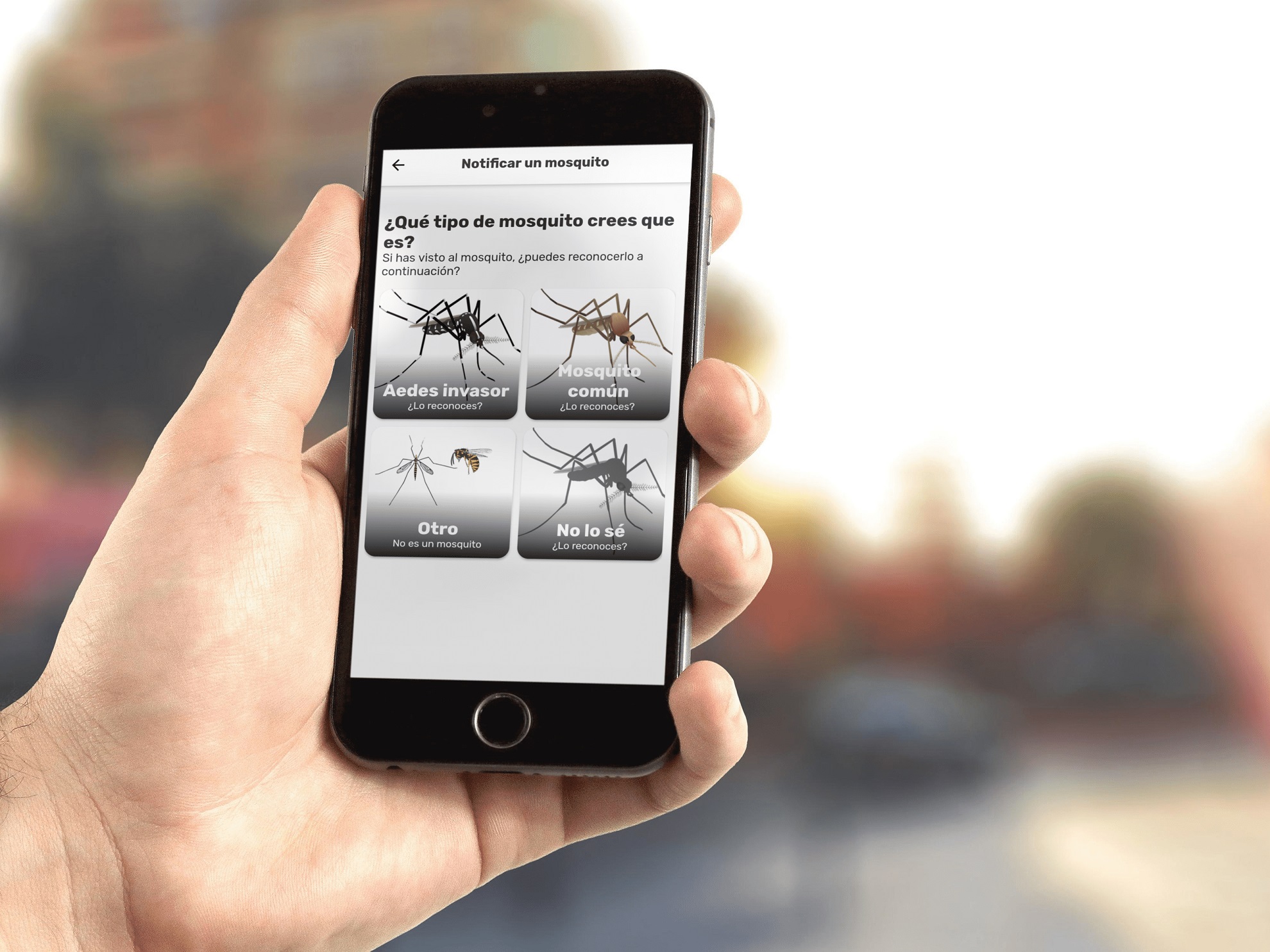Measles cases on the rise in Spain: what is the concern and what measures should be taken?
From 1 January to 23 February 2025, more than half as many cases of measles had already been reported in Spain as in the previous year. To analyse the causes of this spike, assess the seriousness of the situation and the measures to be taken, the Science Media Centre Spain organised a briefing with Noemí López Perea, researcher at the National Epidemiology Centre (CNE-ISCIII), Fernando Moraga-Llop, paediatrician, spokesperson and senior member of the Spanish Vaccinology Association (AEV), and María del Mar Tomás, spokesperson of the Spanish Society of Infectious Diseases and Clinical Microbiology (SEIMC).
